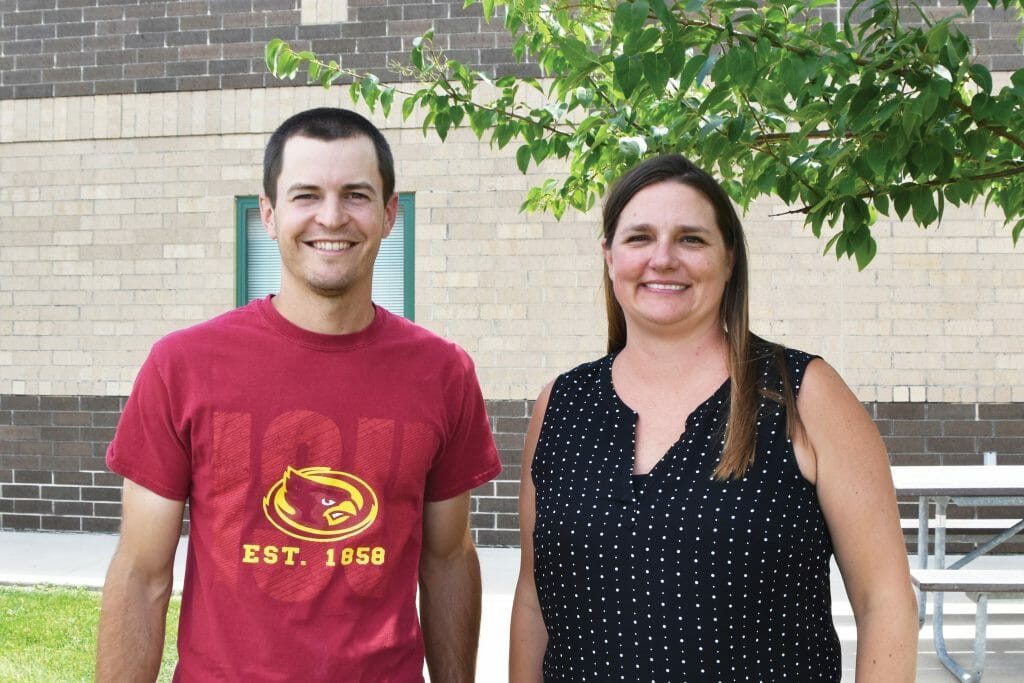PFI Farmers’ Enduring Curiosity is Leading Change
I have the opportunity to talk daily with many of you – farmers raising all kinds of enterprises, with various farming practices. You, farmers, are the most hard-working and dedicated people I have had the privilege to meet. The passion and work ethic needed to make a living off the land is immense. Keeping livestock comfortable and safe around the clock all year, toiling over fruit and vegetable fields to provide us with fresh produce, harvesting small grains in July – we all know farming requires an enormous amount of hard work and dedication.
However, farmers have been elevated to flawless prestige in the media. It is deemed improper in some settings to question farmers’ practices. Some farmers themselves report they don’t feel comfortable questioning the status quo, thus don’t feel they have permission to explore changes to their operations. This inability to talk about pros and cons of farming, from our environment to our communities to our economy, is unhealthy.
But if we want to advance toward a more resilient farming system, honest conversations about farming impacts are vital. Practical Farmers offers a welcoming environment where constructive conversations are abundant, as farmers and non-farmers explore ways to improve Iowa farms. PFI members are openly talking about the good and the bad of their operations, along with what they want to improve moving forward. Lifetime member and board member Nathan Anderson recently testified to the House agriculture subcommittee in Washington, D.C. about the importance of soil health.
He said, in his comments, “I was once asked the question: ‘Ten years after you die, why will it matter that Nathan Anderson farmed that land? Who will know, and who will care?’ I’m still considering that question and have formulated this response: Each one of us who is fortunate enough to farm, own or manage land leaves our own imprint on it. That imprint can be negative, neutral or positive, and can last for generations. Just as we can see the soil-based evidence of manure applications, tillage, fencelines and travel paths that were made decades ago, farmers decades from now will see our imprint on the land. For the future of food security, rural communities and family farms, that imprint must be positive and enduring.” Read more about Nathan’s comments on page 11.
We should appreciate and acknowledge farmers for their dedication and hard work. But this shouldn’t stem the flow of conversations about our food and farm systems. Farmers and eaters who are curious increase our understanding of the good and bad impacts of the food and farm system, and help shape these systems for a more resilient future. Because agricultural issues are complex, solutions are as well. But honest, constructive dialogue will move us forward. How can we have more of these conversations to support Nathan, and your farming communities, in creating a positive and enduring imprint?
- Engage in conversations about farming with a wider audience. Let’s increase the net of people aware of and interested in Iowa agriculture. It is our biggest industry, and all Iowans should be farm-literate.
- Don’t point fingers, particularly at individual farmers. Placing blame will cause people to become defensive, closing the conversation. Ask questions. Talk about your experiences. Dialogue about issues and potential solutions.
- Keep an open mind. None of us has all the answers. To think we do impedes progress. You don’t have to agree with people, but at least hear them. Try to listen without spending the entire time they’re talking preparing to rebuke what they are saying.
When people ask what a common denominator is among our diverse membership, I say they are all curious. You – the curious farmers – are truly leading change. Thanks for engaging in continuous dialogue about how you can be better farmers. It is helping us build a better future.

